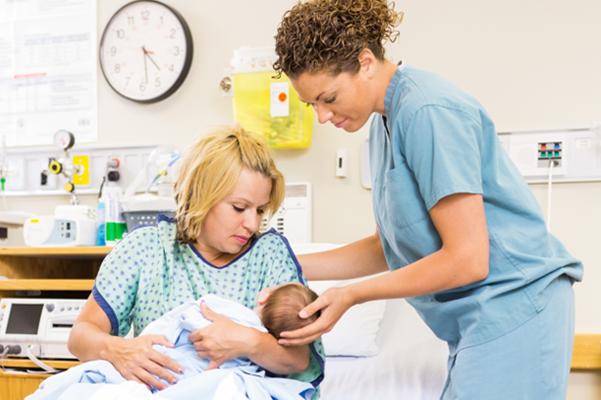
Supporting Infant Feeding Goals in the First 4 Weeks
Do you ever feel conflicted about how to best support families' feeding goals when you also have concerns about infant weight gain?
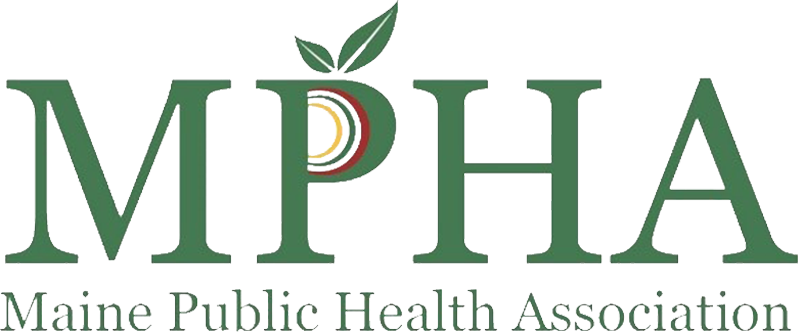
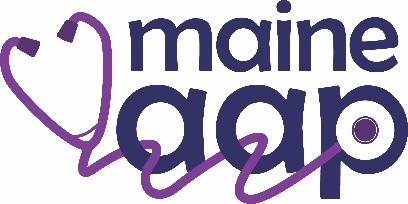
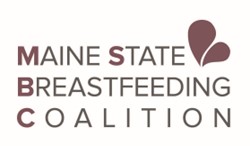
Course Information
- Audience: All public health professionals working in nonprofits, healthcare, educational institutions, government and private sector
- Format: Webinar
- Date/Time: Thursday, November 14th, 12:00 PM – 1:00 PM ET
- Price: Free
- Length: 1 hour
- Credential(s) eligible for contact hours: Sponsored by New England Public Health Training Center (NEPHTC), a designated provider of continuing education contact hours (CECH) in health education by the National Commission for Health Education Credentialing, Inc. This program is designated for Certified Health Education Specialists (CHES) and/or Master Certified Health Education Specialists (MCHES) to receive up to 1 total Category I continuing education contact hours. Maximum advanced-level continuing education contact hours are 1. Provider ID: 1131137 Event ID:PM1131137_CIMPART1.
If you are not seeking a CHES/MCHES contact hours, if you complete the evaluations, you will receive a Certificate of Completion. The Certificate will include the length of the course. - Competencies: Communication Skills,
Health Equity Skills,
Community Partnership Skills - Learning Level: Awareness
- Companion Trainings: None
- Supplemental materials:PowerPoint and follow-up email with any links mentioned during presentation.
- Pre-requisites: None
- Technical Requirements: This webinar is hosted on the Zoom platform. Please refer to the Zoom System Specifications to ensure your system meets the minimum requirements for connecting.
About this Webinar
What you'll learn
At the end of the recording, participants will be able to:
- Review reasons why exclusive human milk feeding is recommended and its connection to obesity prevention.
- Discuss appropriate weight loss and identify 3 tools for addressing higher than average weight loss for the exclusively breastfed baby in the first 4 weeks.
- Understand when to recommend pumping and/or supplementing in the first 4 weeks of the infant’s life
- Identify new parent and professional resources for breast/chestfeeding information and support
Subject Matter Experts
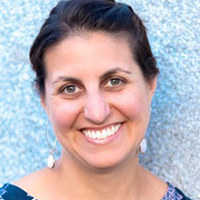
Kara Kaikini

Paula Norcott
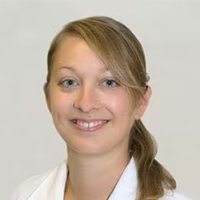
Dr. Kelsey Walton
Kara Kaikini is the Executive Director of the Maine State Breastfeeding Coalition. She has been an International Board Certified Lactation Consultant since 2009 and has supported new families for over 20 years as a home visitor, postpartum doula, lactation consultant, childbirth education and lactation services program manager, prenatal educator, and postpartum group facilitator. She was the Lactation Specialist for Maine CDC's Maternal Child Health Program/Perinatal Outreach & Education Consultant Program from 2016 - 2022 and is a member of the Perinatal Quality Collaborative of Maine (PQC4ME) Steering Committee. Kara is passionate about reducing barriers preventing families from meeting their infant feeding and maternal mental health goals through education, support, connection, and advocacy. Kara lives in Freeport with her husband and two energetic boys and also serves on the RSU5 School Board.
Paula Norcott is the co-owner of Maine Mother and Company, a perinatal resource center in Brunswick, Maine. She is also the Breastfeeding Educator with Maine's Perinatal Outreach and Education Consultation Services. Paula is a lactation consultant with over 23 years of experience serving feeding parents. She got her start in this work as a peer counselor for WIC in Plymouth, Massachusetts in 1999. She worked in a fast-paced hospital setting for 5+ years. Paula currently works in private practice, in the infant feeding tech world and consults for both the state as well as a well-known pump company. Frustrated by how nipple pain is brushed off and how slow infant weight gain is blamed on feeding parents, Paula has made it her mission to help these families feel confident in their plan and their ability to feed their tiny humans with a mental health first approach. When not helping other families, Paula can be found at home, with her husband and at least a few of her five children, likely drinking GOOD chai, knitting and obsessing about when the next Percy Jackson episode will be released.
Dr. Kelsey Walton is a primary care pediatrician at Kennebec Pediatrics in Augusta, ME. Prior to transitioning to primary care almost two years ago, she practiced as a pediatric hospitalist for 9 years at Maine General Medical Center. Kelsey is a mom to two boys ages 3 and 5 years. They love camping and spending time outdoors. Kelsey enjoys gardening, beekeeping, and reading.
Registration
Select the Enroll Me button below to register for this recording. If you have any trouble accessing the recording, contact support@nephtc.org.
Acknowledgement: This project is supported by the Health Resources and Services Administration (HRSA) of the U.S. Deparment of Health and Human Services (HHS) as part of award 2 UB6HP31685‐05‐00 “Public Health Training Centers.” The contents are those of the author(s) and do not necessarily represent the official views of, nor an endorsement, by HRSA, HHS or the U.S. Government.

